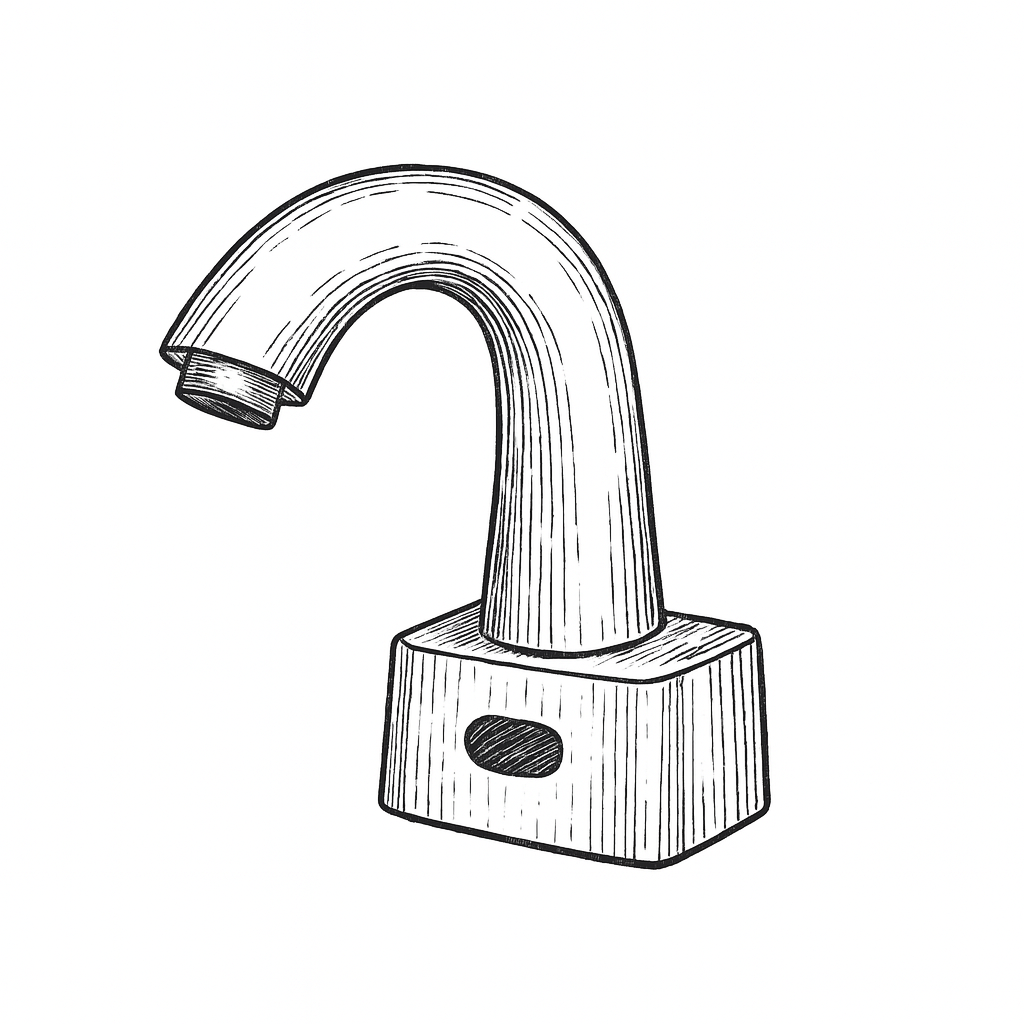Assumptions vs Evidence


We live in an age of innovation, where newer usually means better. But what if our assumptions are wrong?
Consider the humble bathroom faucet. The touchless version seems obviously superior — no handles to touch with dirty hands, no cross-contamination, pure technological progress. It's the kind of upgrade that feels like common sense.
Yet researchers at Johns Hopkins discovered something surprising: modern touchless faucets often harbor more bacteria than traditional ones. The complex internal valves that enable touchless operation create hard-to-clean spaces where biofilms thrive. The very innovation designed to reduce contamination may actually increase it.
This paradox isn't unique to faucets. Throughout business, healthcare, and technology, we encounter situations where the "obvious" solution creates unexpected problems, and where careful analysis reveals counterintuitive truths.
i2o Analytics
The path from insights to outcomes
Education • Advisory • Consulting • Building